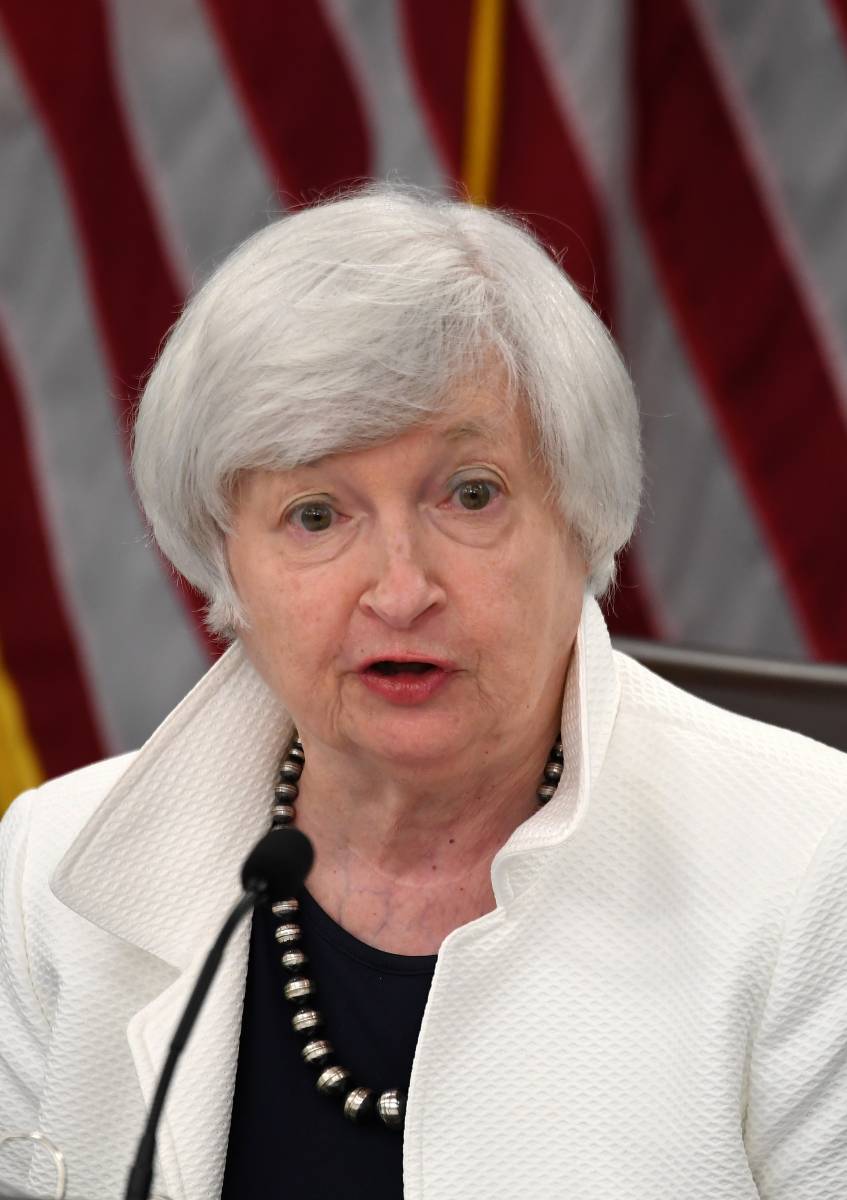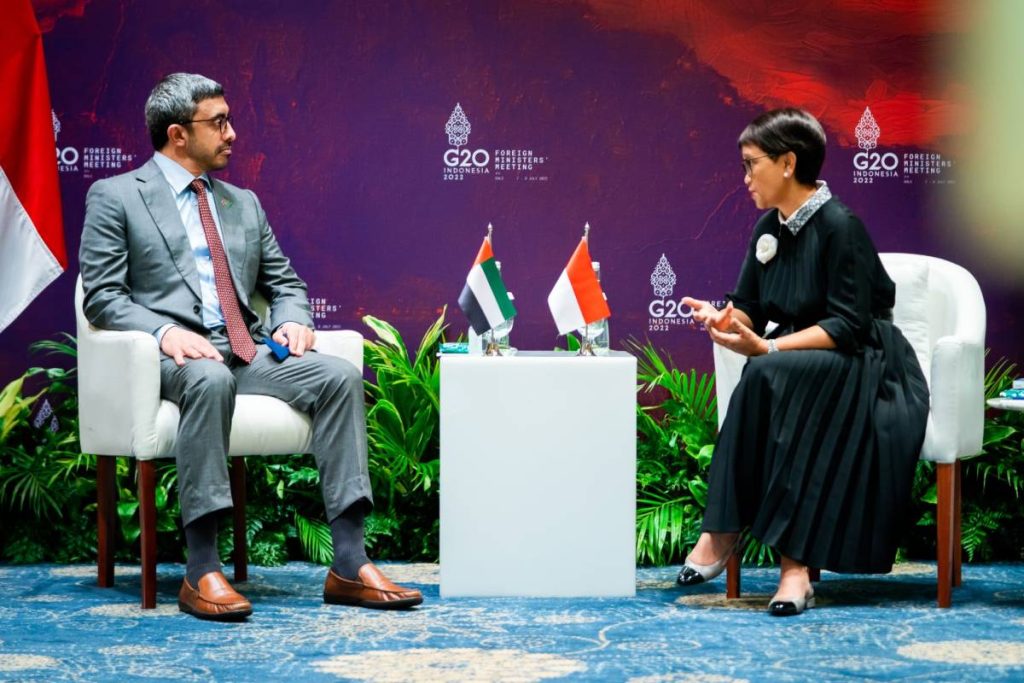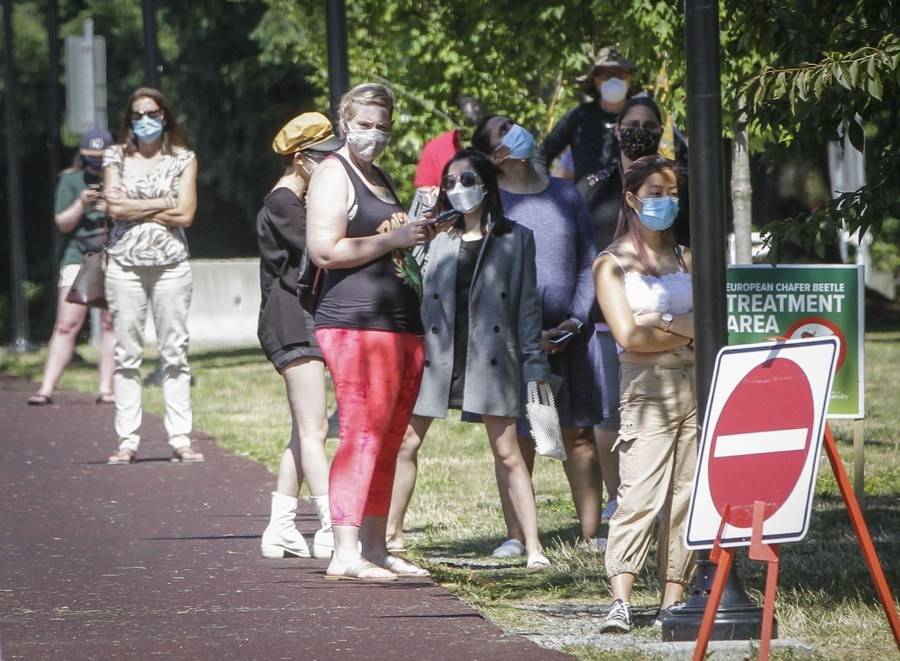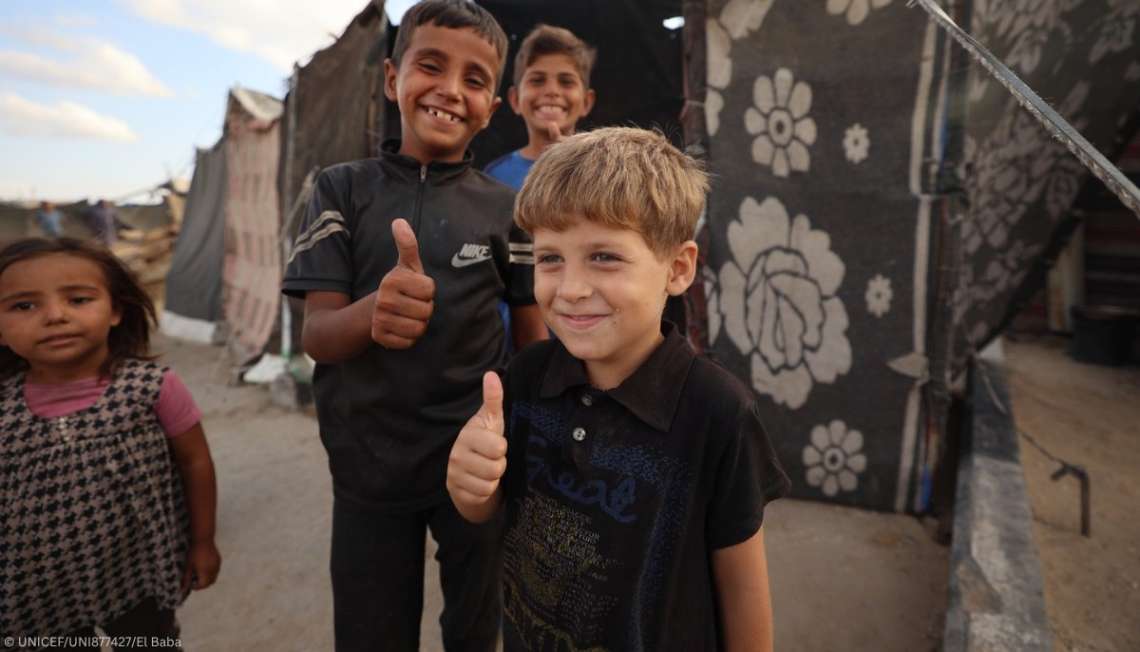The sanctions target Iranian petrochemical firms and alleged front companies in China and the United Arab Emirates for Iran’s state-owned company and Triliance, a Hong Kong-based company already under US sanctions for its dealings with Iran…reports Asian Lite News
The US Treasury said it was freezing the assets of members of an international network for violating oil sanctions on Tehran by selling millions of dollars’ worth of Iranian petrochemical products to East Asia.
The sanctions target Iranian petrochemical firms and alleged front companies in China and the United Arab Emirates for Iran’s state-owned company and Triliance, a Hong Kong-based company already under US sanctions for its dealings with Iran.
Washington had earlier imposed sanctions on Iranian petrochemical producers in mid-June, as well as on Chinese and Indian brokers, expanding pressure amid a deadlock in negotiations on restoring a 2015 deal to curb Iran’s nuclear program.
“While the United States is committed to achieving an agreement with Iran that seeks a mutual return to compliance with the Joint Comprehensive Plan of Action, we will continue to use all our authorities to enforce sanctions,” the Treasury said, referring to the nuclear deal.
Wednesday’s announcement came ahead of a highly anticipated visit next week by President Joe Biden to Israel and Saudi Arabia when efforts to contain the nuclear threat from Iran will be top of the agenda.
Sanctions were also imposed on China-based broker Jeff Gao and Indian national Mohammad Shaheed Ruknooddin Bhore for allegedly managing business for Triliance.
All of the targets’ property and interests in the United States will be frozen, and US-based people and companies are blocked from conducting business dealings with them.
Stalled nuclear talks
The US State Department announced it was imposing parallel sanctions on 15 individuals and firms based in Iran, the UAE, and east and southeast Asia for distributing Iranian oil and petrochemical products.
“The United States has been sincere and steadfast in pursuing a path of meaningful diplomacy to achieve a mutual return to full implementation of the Joint Comprehensive Plan of Action,” Secretary of State Antony Blinken said in a statement.
“It is Iran that has, to-date, failed to demonstrate a similar commitment to that path.”
In April 2021, Biden’s administration kickstarted a new round of negotiations with Iran in Vienna with the aim of returning the United States to the nuclear deal, including through lifting sanctions on Iran.
But the ever-delicate dialogue has been stalled since March.
The 2015 agreement with world powers, formally known as the Joint Comprehensive Plan of Action or JCPOA, gave Iran sanctions relief in exchange for curbs on its nuclear program to guarantee that Tehran could not develop a nuclear weapon — something it has always denied wanting to do.
But in 2018, then-president Donald Trump withdrew the United States from the accord and reimposed heavy economic sanctions that prompted Iran to begin rolling back on its own commitments.
Iran’s foreign minister said in June the “train has still not derailed” in negotiations aiming to restore the JCPOA, despite the US sanctions imposed that month on the Islamic republic.
‘US sanctions should be lifted’
The “oppressive” US sanctions against Iran should be lifted in such a way that all countries can easily invest in Iran while maintaining their long-term interests, Ali Shamkhani, secretary of Iran’s Supreme National Security Council (SNSC), has said.
Shamkhani made the remarks in a meeting with visiting Qatari Foreign Minister Sheikh Mohammed bin Abdulrahman Al Thani, Xinhua news agency reported, citing Iran’s Nour News.
Iran will be committed to diplomacy until the realisation of its legal rights in nuclear talks, he was quoted as saying.
Al Thani’s visit to Tehran followed the recent indirect talks between Iran and the US in Doha over their differences on reviving the 2015 Iranian nuclear deal, formally known as the Joint Comprehensive Plan of Action (JCPOA).
Iran signed the JCPOA with world powers in July 2015, agreeing to curb its nuclear program in return for the removal of sanctions on the country. However, former US President Donald Trump pulled Washington out of the agreement in May 2018 and reimposed unilateral sanctions on Iran, prompting the latter to drop some of its commitments under the pact.
The Iranian nuclear talks began in April 2021 in Vienna but were suspended in March this year because of political differences between Tehran and Washington.
ALSO READ-Houthi delegation in Jordan to resume UN-sponsored Yemeni truce talks








